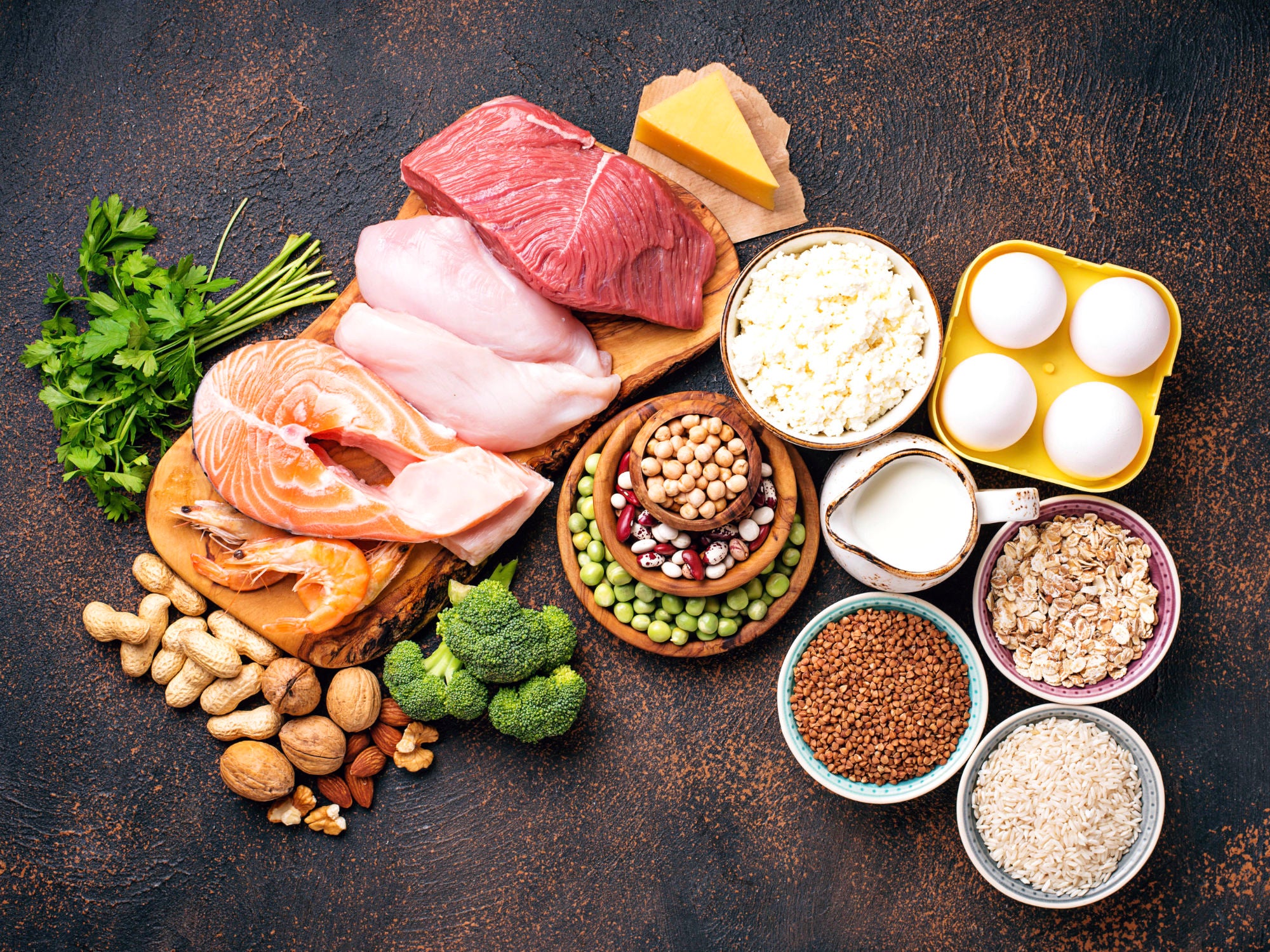Your basket is empty
Already have an account? Log in to check out faster.
Already have an account? Log in to check out faster.

Protein diet , one of the most popular at the moment for those who want to keep fit and support their muscle mass. Unlike any low-calorie diet, in fact, which makes you lose weight often at the expense of the muscles themselves, the protein diet is a dietary style based on a consistent daily intake of proteins .
This would allow for maintain or build a good body composition by increasing lean mass – muscles, precisely – in favor of a decreasing fat mass.
But be careful: as in any diet, you should avoid any exaggeration and eat as many different foods as possible. In fact, a diet with a medium-high daily dose of proteins can be ideal, for example, for an athlete. On the contrary, a high-protein and unbalanced diet is not very healthy, especially if it completely bans carbohydrates.
There are several examples, in recent years, of low-carb diets , which favor a different macronutrient than the much-maligned carbohydrates. paleo and the ketogenic diets , for example, are both based on a low sugar intake and a more consistent intake of fats and proteins.
But what are proteins for? To put it very simply, if carbohydrates are more or less rapid-release energy and lipids are a good emergency reserve, proteins are excellent "bricks" with which our body can build muscles, and not only that. They are essential for the proper functioning of the body , starting with the immune system.
These are molecules composed of smaller elements, the so-called amino acids . A peculiarity of proteins is the fact that they cannot be stored, which is why it is important to take them every day through food.
But what foods are good to eat to get the right amount of proteins every day?
The RDA – Recommended Dietary Allowance – for an average adult with a sedentary lifestyle, it is about 0.8g of protein per kg of weight: just multiply your weight by 0.8. For example, a 70kg man will need to consume about 56g of protein every day.
This recommended dose does not take into account lifestyle: an athlete or a person who needs to tone muscles or build lean mass, can increase this parameter, always without exceeding, in the order of 1-1.5. The maximum extreme, for athletes and bodybuilders at a competitive level, is about 2g per day, a dose not recommended for any "normal" person who does simple moderate physical activity.
The foods richest in proteins are those of animal origin , such as meat, fish, eggs and dairy products. For those who have a vegetarian lifestyle, vegan or for the lactose intolerant , obviously, the variety of protein foods that can be consumed decreases but there are good substitutions and combinations of foods.
Even vegetables and dried fruit, in fact, contain small quantities of proteins, as do Soy and legumes are useful sources of plant-based protein .
There are those who believe that abusing proteins or eating only protein foods will result in rapid weight loss and the automatic construction of a sculpted and muscular body... it is not so. Virtue always lies in moderation and awareness: Meeting your daily protein requirement is essential and very important, especially for athletes. But the diet must always be varied and don't completely exclude some macronutrients.
Exaggerating protein intake, from foods or even worse from protein supplements that may not be necessary, It can put a strain on the kidneys , which handle the amount of excess protein in the body.
They could also be some nutritional deficiencies, of vitamins, minerals and fibre , caused by an inadequate consumption of fruit and vegetables, because they are seen as simple carbohydrates.
0 comments